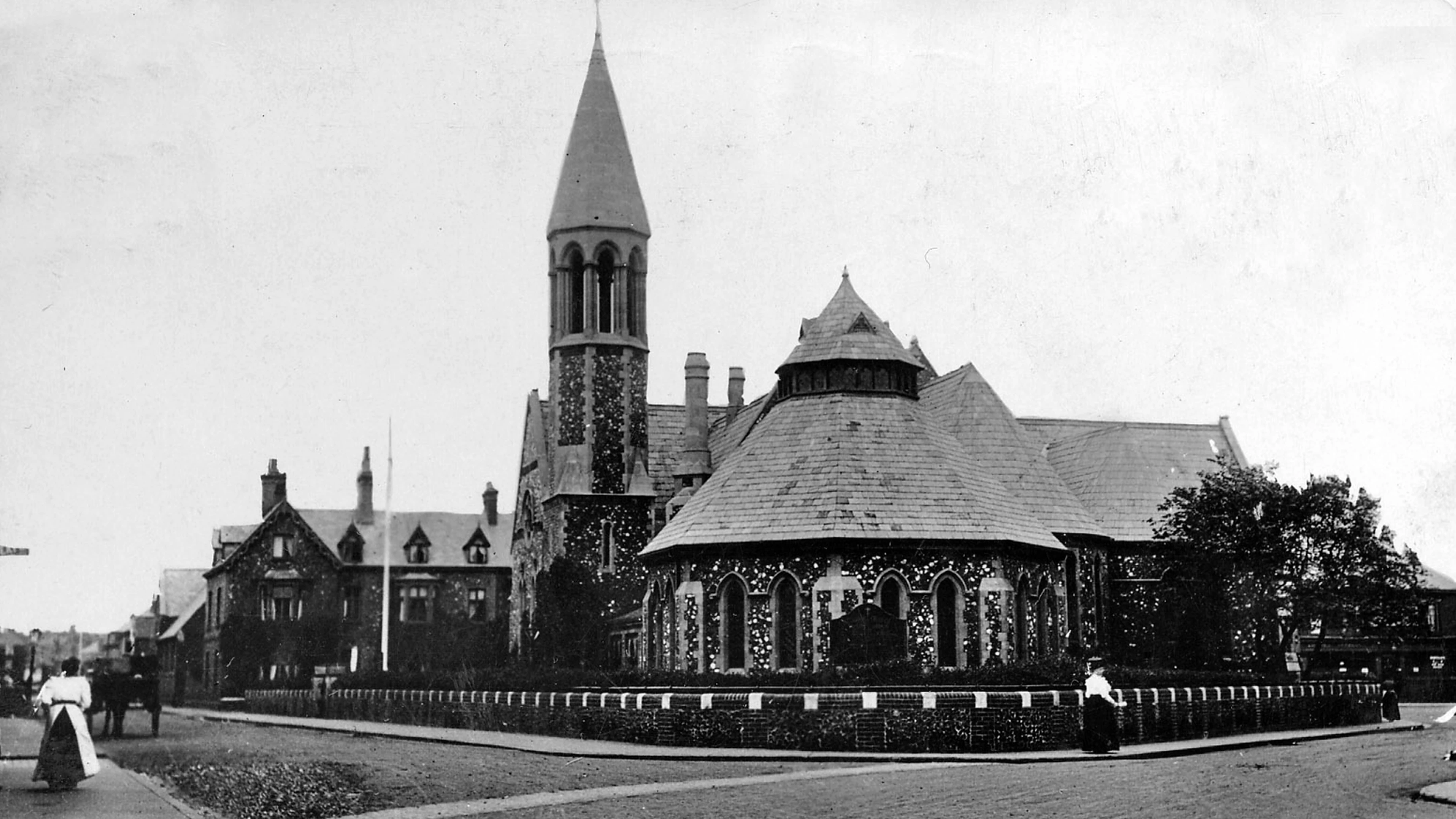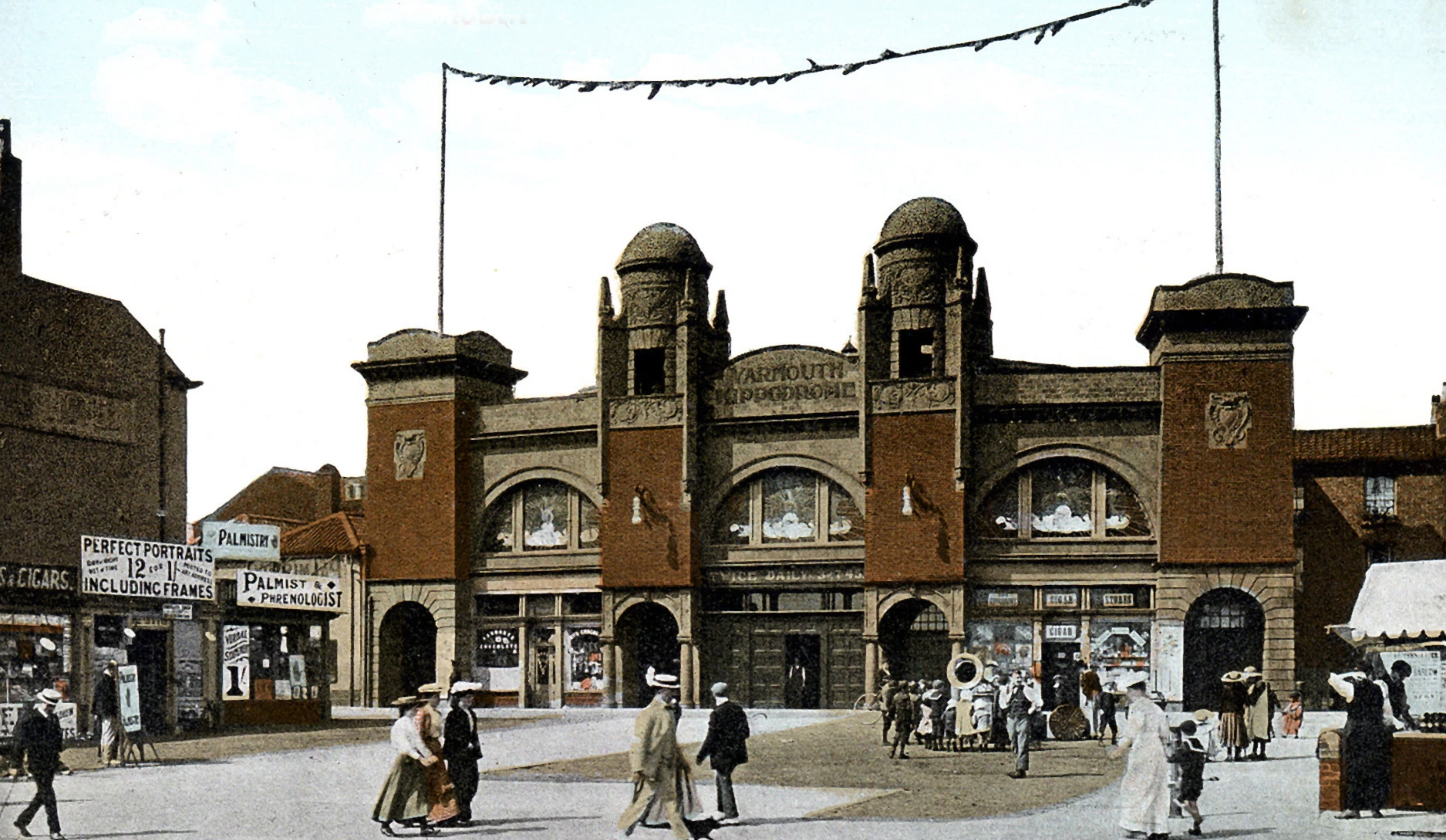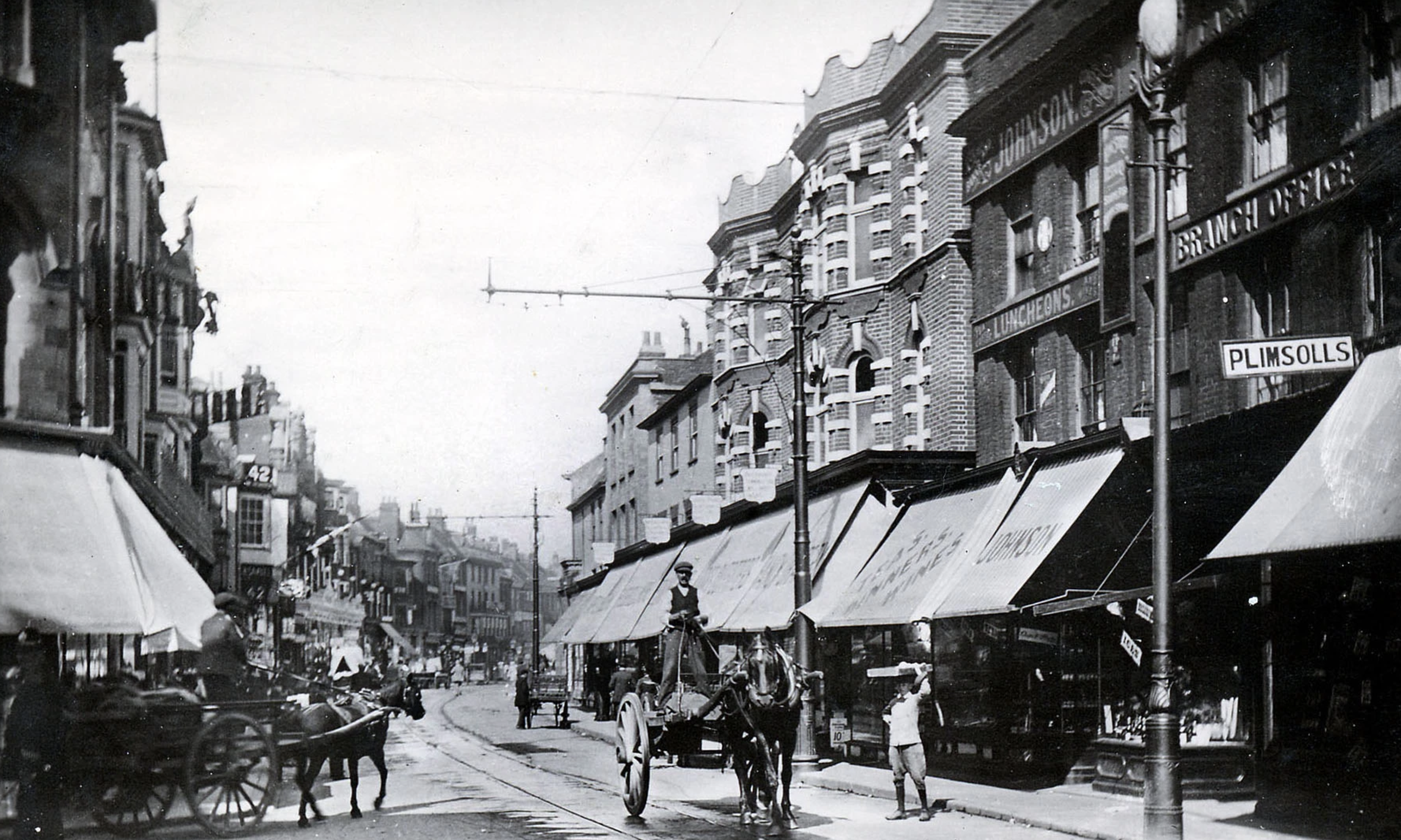Alderson, Baron, Edward Hall

At the end of the 18th Century, Robert Alderson lived at 133 King Street. He was the Recorder of Norwich, Ipswich and Great Yarmouth. One of his two sons, Edward Hall Alderson was born in this house in 1787.
After his schooling, which began at Mr. Wright’s Academy in Southtown, Edward Hall Alderson entered Caius College, Cambridge. In his second year he won the Sir Thomas Browne’s Medal for the best epigram written in Greek and Latin. In 1809, he was declared the Senior Wrangler, which is awarded for the best undergraduate in mathematics at the university; a great intellectual achievement. He was also the Smith’s Prize-winner and the First Chancellor’s Medallist for attainment in the Classics. As a result, he was immediately elected a Fellow of his college. This was a list of honours won by an undergraduate unequalled at Cambridge University.
In 1811, Edward Alderson was called to the Bar at the Inner Temple. He then joined the northern circuit.
An early indication of his legal abilities came in 1825, when he was instructed by opponents of the proposed Liverpool and Manchester Railway, who were principally the directors of the Bridgewater and Leeds and Liverpool Canals. This railway required a private bill and parliamentary work was a major part of Alderson’s practice. Alderson cross-examined George Stephenson on his designs for the railway and the surveys on which they were based. Alderson proved an able advocate and Stephenson a poor witness. Stephenson later confessed: I was not long in the witness box before I began to wish for a hole to creep out of. Largely, owing to Alderson’s devastating closing speech, the bill was lost; the railway was delayed for several years and Stephenson’s early reputation was badly damaged.
In 1828, Alderson was appointed a Common Law Commissioner. In 1830, he was appointed a Judge in the Court of Common Pleas, for which he received a knighthood. This court was a common law court in the English legal system that covered actions between subject and subject, which did not concern the king. In 1834, Alderson moved to the Court of Exchequer Chamber until his death. This was a court which might be asked to determine a point of law and was a very important position. In 1841, at the age of 54 years, Alderson became a Judge in the Court of Chancery.
As a Judge of Assize, Alderson was prominent in the attempts to suppress the Luddites in 1831 and the Chartists in 1842. Alderson was a great exponent of the flexibility of the common law. He believed that rehabilitation was the principal goal of sentencing. He was dubious of the effects of a deterrent and argued for the limitation of capital punishment and found technical means not to apply it. Alderson was a moderate churchman and was prominent in seeking to reconcile the Church of England to the Gorham Judgment of 1850. In this judgment, Alderson supported the view that the Church was subject to secular law. Alderson opposed secular education, believing that the mere communication of knowledge, without religious values, was of little value. Yet, he was a noted advocate of allowing Quakers, Jews, and others, who felt unable to swear on the Christian Bible, to affirm instead. In 1856, Alderson made what has to become the famous definition of negligence, which still stands today.
His biographer mentions Alderson’s frequent visits to Great Yarmouth and his attendance at many public events in the town. He loved to point out to his children where he first drew breath and where he went to school. He showed his children the Jetty from where he watched the return of more than one fleet from the Baltic. On one occasion he was nearly hit by a cannon ball, which had been fired as a salute.
Alderson continued to compose classical and English poetry throughout his life. He was also an enthusiastic and knowledgeable follower of horse racing. He died on 27th January 1857 in London. He was buried on 2nd February 1857 at Risby Church, near Bury St Edmunds. In 1823, Edward Alderson married Georgina Drewe the daughter of a landed clergyman. She lived for some time in Great Yarmouth and died in 1871. Alderson Road in the north of Great Yarmouth was named after him. Alderson’s daughter, Georgina Charlotte married the British statesman, Robert Gascoyne-Cecil, the 3rd Marquess of Salisbury in 1857. He was the Prime Minister three times.
133 King Street—birthplace of Sir Edward Hall Alderson



